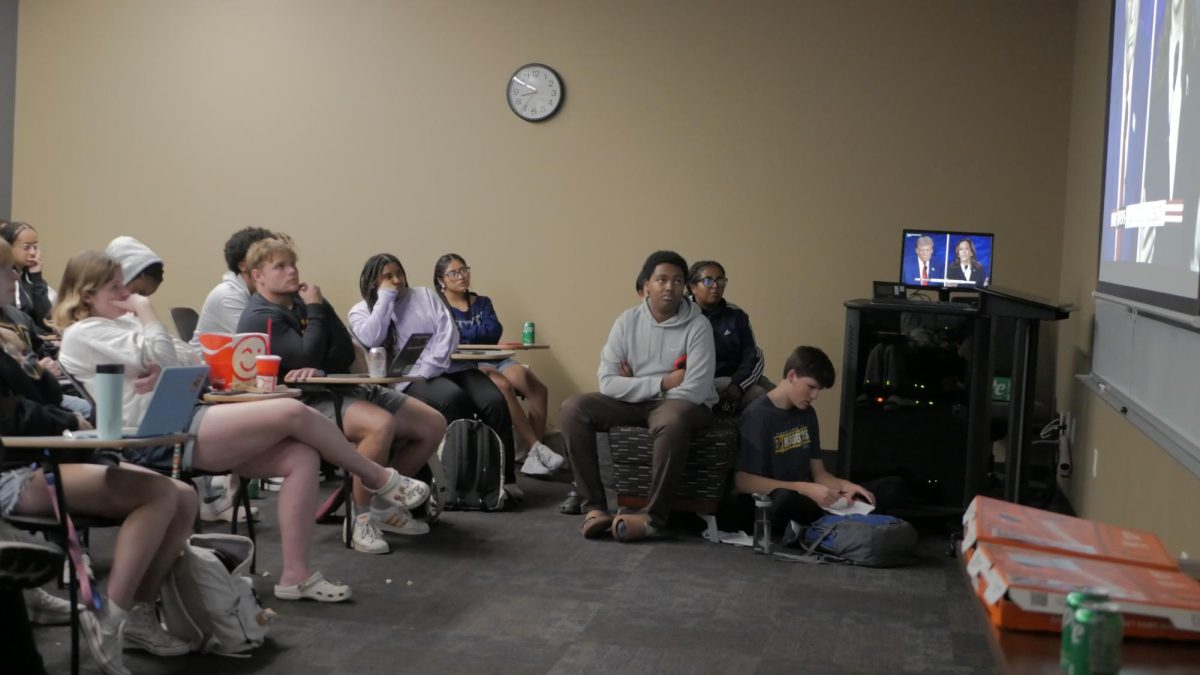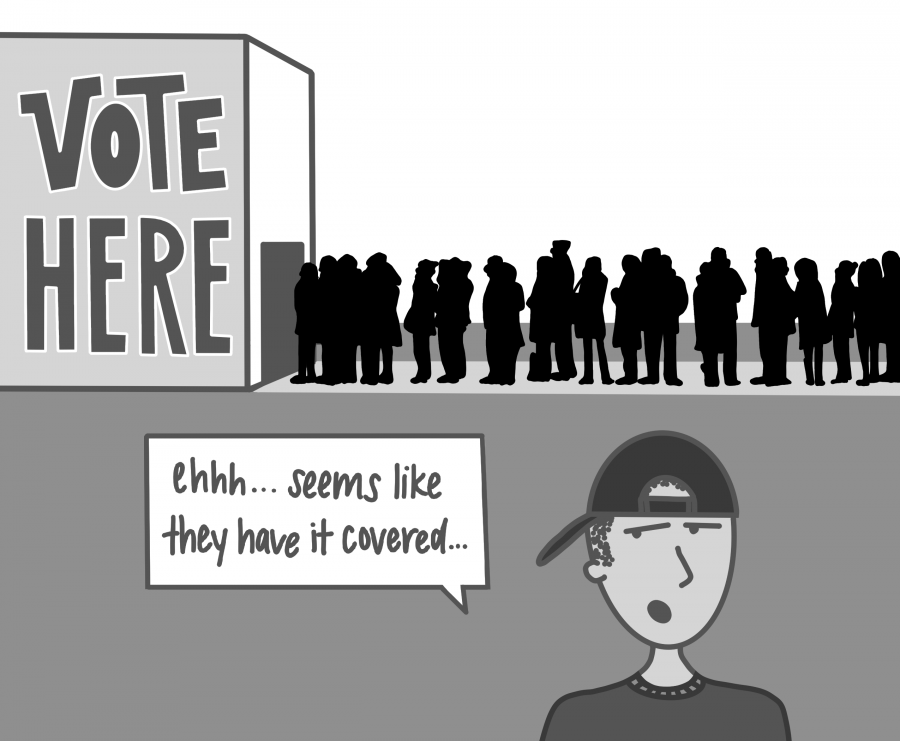Cancel culture has gone too far. We need to learn to forgive and allow growth to occur. We also need to permit points of view that we do not agree with to be acknowledged. People will never be perfect, and what is permissible now may be verboten in the future.
I define cancel culture as the social banishment of someone for saying, doing or associating with something that is now considered socially unacceptable, whether it be yesterday or a decade ago.
There is a difference between holding people accountable for their actions and cancelling them. As with any broadly applied term, cancel culture can and has been used in any number of contexts. For my purposes here, I will only comment on the act of cancelling someone for views they hold and things they say.
The earliest example of cancellation that I can think of is the trial and execution of Socrates. Socrates was put on trial in Athens in 399 BC, charged with corrupting the youth. He refused to be silenced – his trial is immortalised in Plato’s ‘Apology of Socrates’– and was sentenced to death.
And lest we not forget the heretics who were silenced by the Roman Catholic Church for expressing differing views. Galileo was sentenced to life under house arrest and his book prohibited by the Church. Religion has been one of the longest lasting excuses for silencing people.
We don’t even have to look too far into the past for evidence of this. In 2001, Harry Potter topped the American Library Association’s list of most challenged banned books for the crime of portraying witches and wizards in a positive light and for alleged anti-family themes. Also on the ban list are books that promote LGBTQ+ acceptance.
In education, Republicans have a long history of trying to ban the teaching of evolution in schools. And as recently as last week, Florida Governor Ron DeSantis announced that Florida’s civics curriculum would ‘expressly exclude’ critical race theory.
Cancellation, as utilized by the Left, I would argue can be traced back to 2017 and the spate of speakers being hounded off of college campuses, often liberal arts colleges. These speakers were mostly neo-conservatives, like Milo Yiannopoulos, but also some liberals who had run afoul of the new political correctness. Bill Maher comes most readily to mind for that group.
Since then, the Left has pushed to cancel people based on insensitive, often offensive, remarks. But in many cases, the remarks were not made yesterday, but years, if not decades, ago. Apologies are not accepted, only silence.
I do not support any of this. I thought it was ridiculous when I heard that some kids could not read Harry Potter and I find it equally horrendous that people with unpopular opinions would be banished without a proper hearing.
These speakers and these books ought to be viewed as opportunities for learning. We accomplish nothing good by paving over the past. And there is nothing progressive about silencing those we disagree with. The only way to find common ground is to talk and engage in lively debate.
Furthermore, people must be given second chances. I am sure that everyone has done something during their college years that they are not proud of – I see you there. Do you want to have your life ruined ten years from now when someone takes a look at your social media and sees something that at that point is viewed as insensitive? We should be able to apologize and change. If we can’t, then how are we possibly supposed to heal?
You do not have to like everyone. If you don’t like what someone is saying, turn off the tele, unfollow them on social media. But don’t call for their social banishment. Rather, I think we would all be better off talking with each other more.
Certainly, there are some people who are simply not willing to talk and not willing to be civil. Hate speech needn’t be permitted under any circumstances.
But from my experience, most people are willing and wanting to talk. People are greyer than we realise. For all the faults people have, there is almost always some redeeming quality.
Find common ground and work from there. A recent Harvard-CAPS-Harris poll found that 64 percent of respondents viewed cancel culture as presenting a threat to freedom. So, we can at least start from the place of realizing that most people don’t like cancel culture. Let’s change it.
Categories:
Cancel culture has to stop
April 16, 2021
1
0
Tags:
More to Discover












































































































Bobby Rowe • Apr 23, 2021 at 10:24 pm
There is a tremendous difference between Evangelist Christians forcing people to adhere to their religious intolerance by attempting to ban Harry Potter and people deplatforming a celebrity for saying something insensitive.
The difference is freedom of speech.
You are completely within your rights to say anything you want- as well as everyone else is within their rights to refuse to allow those things being said to be put through the megaphone that is social media and fame.
I’d like to challenge your assertion a step further, as well. If we were to cancel “cancel culture”, what exactly is the alternative that you’re seeking? Should people be allowed to say anything they want with no social repercussions?
I’d like to take this away from extremes. Let’s say a celebrity said something mildly problematic. Is your implication that society ignores it? You said that there are certain cases where it is permissible to “cancel” a person (like hate speech) and certain cases where it shouldn’t be- where do we draw the line? And more specifically, how do we draw the line in a social sphere as varied as the United States, not to mention the international audience that modern platforms allow.
You ended this article with your thoughts on cancel culture eclipsing freedom. I want you to think about how one balances freedom and responsibility, with emphasis on how others will perceive you.
A philosopher who touches upon this in an interesting way is Jürgen Habermas, a “neo-kantian” pragmatist (though that oversimplifies his stance a bit). I think reading some of his work on critical theory might be fruitful.
Regardless, good luck in your future endeavors and stay safe.